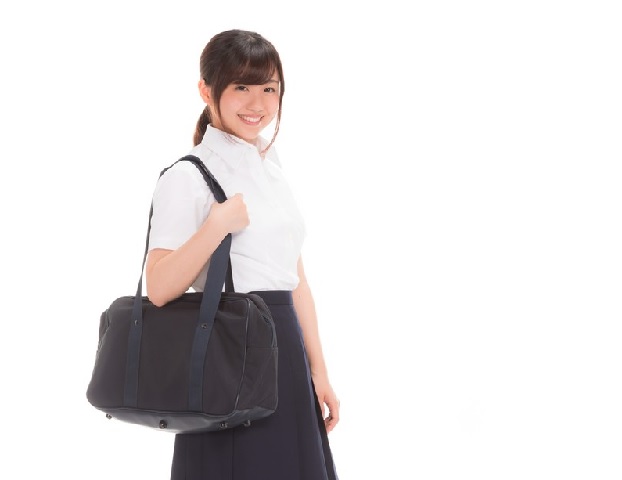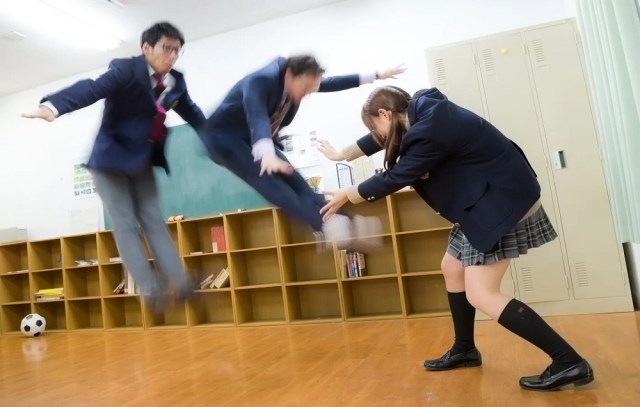 Casey BaseelMar 12, 2022
Casey BaseelMar 12, 2022

Popular boys’ hairstyle also removed from banned list.
On Thursday the members of the Tokyo Metropolitan Board of Education gathered for a regularly scheduled meeting. Ironically, the primary topic of discussion was breaking away from business as usual at city high schools.
Recently, there’s been increased discussion in Japan about whether it’s time to get rid of certain school rules that are still enforced at some institutions. The largest controversy has been the one surrounding schools that required students to dye their hair black if they had air that’s naturally another color, in order to create a uniform appearance for the student body.
Spring is the start of the academic year in Japan, and during the 2021 school year seven public high schools in Tokyo still required students with natural non-black hair to dye it black. For the 2022 school year that’s about to start, though, the rule has been completely abolished, and no longer remains in effect at any municipal high school.
Another color-related reform: the 13 high schools that had rules specifying what color of underwear students had to wear will now all leave that choice up to students. The logic behind such rules was that the required colors would prevent students’ underwear from being visible through their uniforms, but the sounder logic that as long as the underwear isn’t visible, it’s nobody’s business what color it is has won out.
▼ If this girl’s underwear is so distracting as to disrupt the learning environment, then teachers shouldn’t need to hold an inspection to find out if it’s the right color or not.
Getting back to hair regulations, the 24 schools that had previously banned the “two block” undercut style, in which boys shave their hair short on the sides and grow it out on top, have gotten rid of the rule. Though the two block has been associated with juvenile delinquents, it’s also become a pretty popular mainstream fashion look that, as we can attest, doesn’t immediately lead one to a life of crime.
Numerically, the biggest change is a semantic one, but still one students will be happy to see. In a review of school rules by the board, 95 high schools were found to have vague phrases such as “in an appropriate manner for a high school student” in their conduct policies and directions. Those have now been changed to better address the specific issue using less arbitrary language.
▼ For example, the problem with sending your classmate and teacher hurtling across the room with a hadouken isn’t that it’s “inappropriate for a high school student,” but that it’s “superpoweredly violent.”
The rule reforms come following a one-year review of school rules conducted by the board which included interviews and discussion with student groups, educators, and parents. “This is a wonderful development, and it’s regrettable that it took so long to happen,” said education board member Kaori Yamaguchi. That sentiment was echoed by fellow member Yuto Kitamura, who added “It is important to hold in respect an environment where students can think independently and make their own decisions. I feel like this is a big step in that direction.”
It should be pointed out that schools no longer forcing students with natural non-black hair to dye it black does not mean that students who do have naturally black hair are now allowed to dye it another color. Because of that, 20 high schools in 2022 will still have systems in place where students with naturally non-black hair submit a jigi shomeisho, or “certificate of natural hair” when not dying their hair black. Even this number is down from 55 in 2021, though, and overall Tokyo teens are going to enjoy greater freedoms as their schools treat them a little more like grownups.
Source: Mainichi Shimbun via Yahoo! Japan News via Hachima Kiko
Top image: Pakutaso
Insert images: Pakutaso (1, 2)
● Want to hear about SoraNews24’s latest articles as soon as they’re published? Follow us on Facebook and Twitter!


